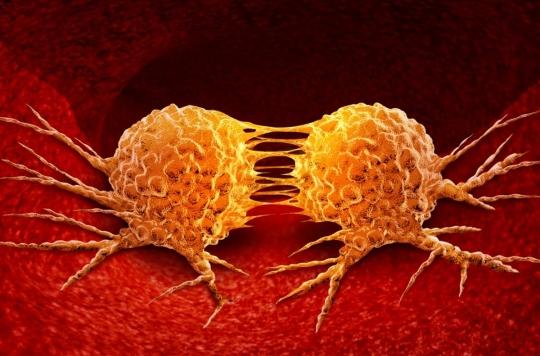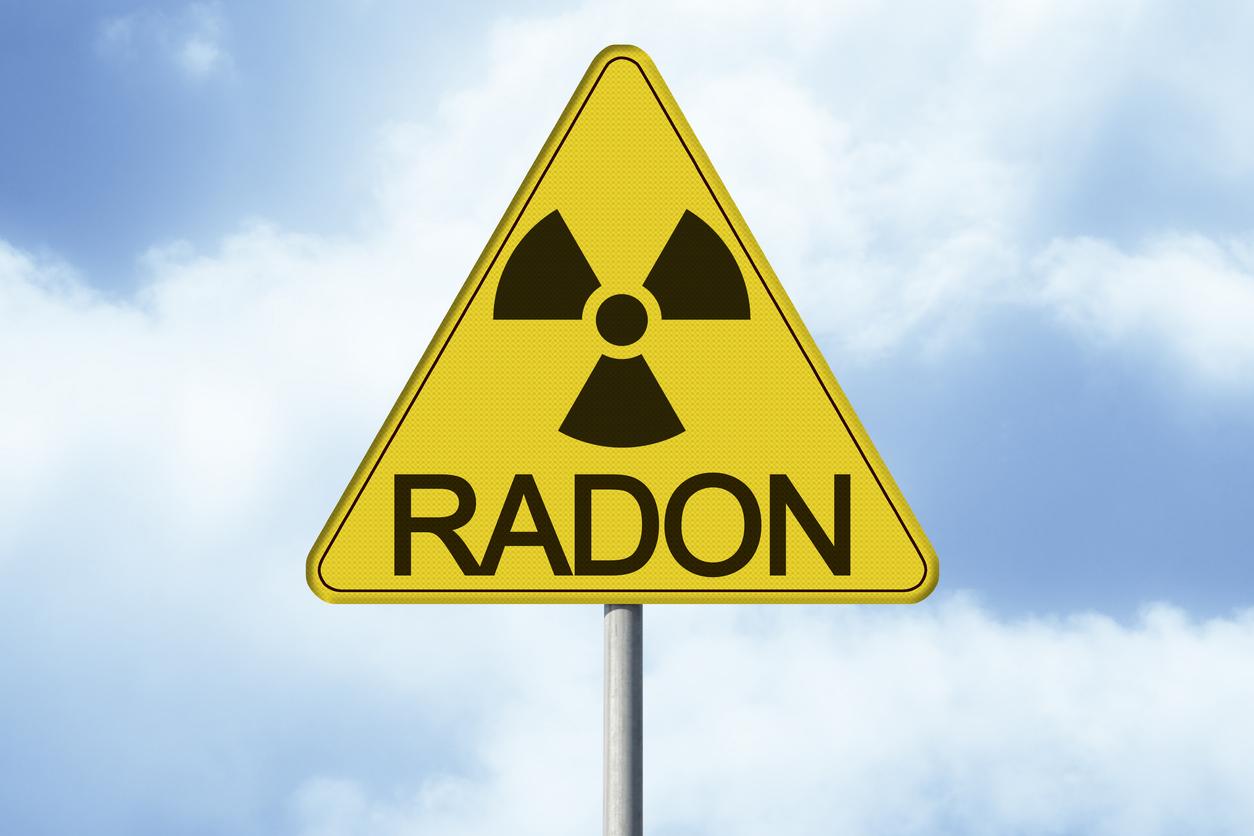Metastatic cells appear to share common genetic origins.

- Laboratory mice have made it possible to observe the cells associated with pancreatic cancer.
- A genetic lineage is particularly associated with metastases.
- If the study was carried out on mice, the genetic profiles studied correspond to those found in human cancers.
Metastases are cancer cells, which have separated from the tumor to migrate to other parts of the body, where they have settled. It is a complication of cancer, which must be taken care of quickly. However, scientists today know little about the formation of metastases, points out Kamen Simeonov, a student at the University of Pennsylvania. He co-directed research on the development of these cancerous cells in order to better understand their formation. The results of the study have been published in the specialist journal Cancer-Cell.
A study based on genetic scissors
“Scientists have identified hundreds of genetic mutations associated with the transformation of healthy cells into cancer cells, but they have failed to identify the mutations that transform cancer cells into metastases“, underlines the research team. One of the hypotheses is that the phenomenon is based on a multitude of factors, which are difficult to identify individually. In this work, the scientists used the CRISPR / Cas9 method, sometimes called genetic scissors. This allowed them to analyze the genetics of cancer cells after they had metastasized.In total, they observed nearly 28,000 cancer cells, and identified which genes were activated at the time of their metastasis.
What is the genetic lineage of metastases?
Thanks to laboratory mice, American researchers have observed how cancer cells evolve. They found that those who subsequently metastatic share the same genetic lineage. “We have successfully used this lineage tracing to sort cells by their metastatic level and then link these differences to changes in gene expression.“, develops the co-author of this study. Metastases would not only be the result of genetic mutations, but their ability to metastasize would be perceptible directly in the RNA of cells.
A “dominant clone”
They find that they all share common characteristics. Scientists speak of a “dominant clone“. This activates genes associated with the epithelial-mesenchymal transition, a process of cell transformation, suspected to be the cause of the aggressiveness of the tumors. The most aggressive cells observed in these mice shared common genetic characteristics with those linked to cancer in humans.One of the most aggressive clones showed an overexpression of a family of genes responsible for certain characteristics of cancer such as the migration of cells and their ability to leave and enter blood vessels. “The expression of this genetic family seems (…) to enhance the ability to metastasize“, says Kamen Simeonov. This study is only one stage of his work on metastases. “We hope that our approach will answer questions that have remained unanswered until now.“, he concludes.

.

















